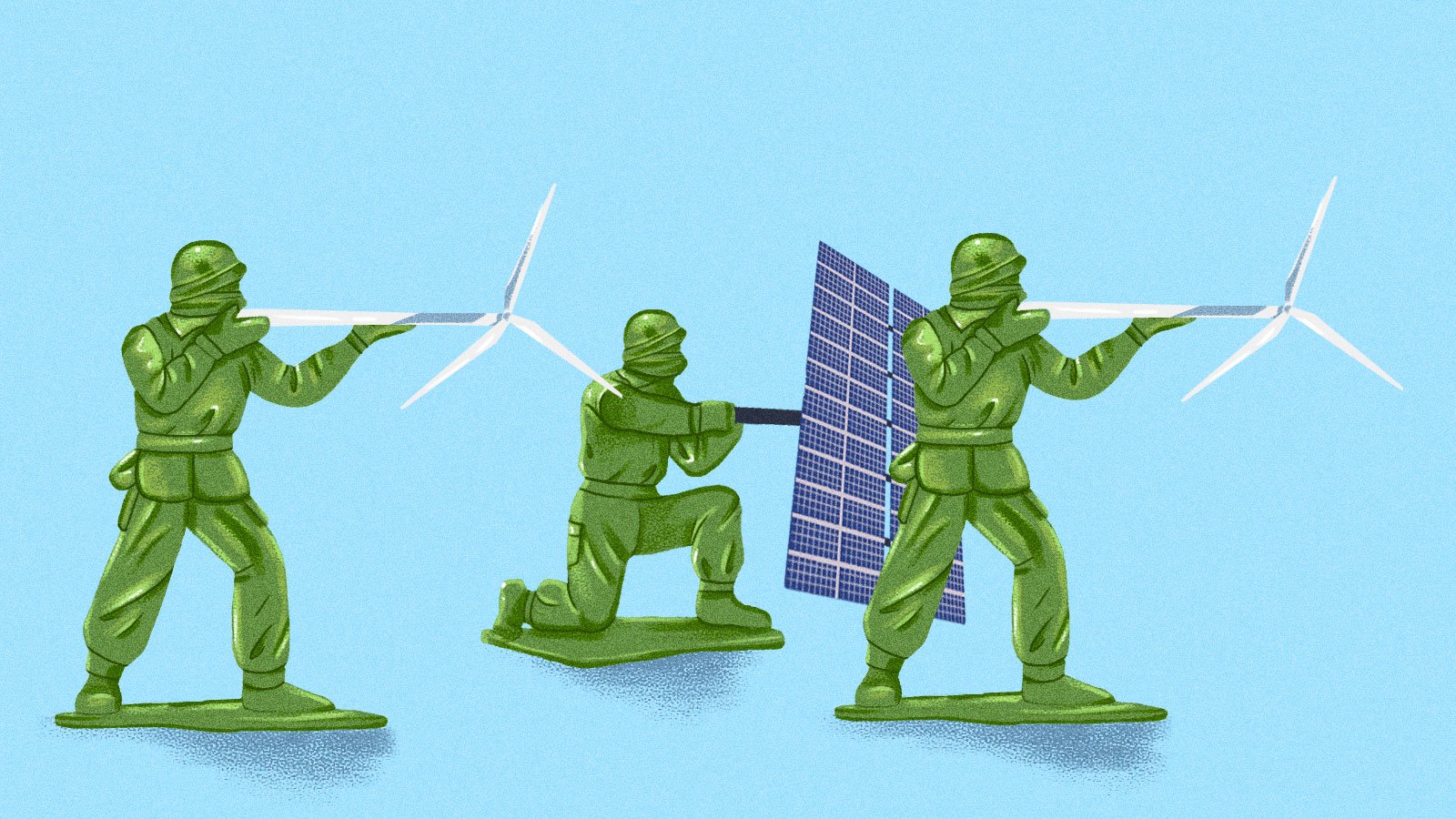Effects of the Russian-Ukraine war on our fight with Global Warming
The Russia-Ukraine War, which started in February 2014, significantly escalated on February 24, 2022, when Russia invaded Ukraine. The question of how the conflict and its aftermath would affect the impending climate disaster in the world arises given that Russia is the second-largest producer of natural gas and the third-largest producer of oil in the world, after the United States and Saudi Arabia.
Given that a multilateral coalition, including the United States, the European Union, Canada, Australia, Japan, and others placed new sanctions on Russia in response to the Russian invasion of Ukraine, it is reasonable to anticipate that in the near term, the impacts of the invasion will make the world’s transition to environmental sustainability more difficult. Through disruption of international supply systems and increased pricing for commodities in order to help their population survive the winter, authorities in European and Asian nations are restarting coal mines, maintaining polluting power plants, and forging agreements to import liquefied natural gas (LNG). Prior to the battle, it appeared that the demand for the fuel, which peaked in 2013, was gradually declining. Nonetheless, consumption increased by 1.2% last year, topping 8 billion tonnes for the first time ever following the war . According to Chunping Xie, an energy economist and policy scholar at the London School of Economics, "the Ukraine Conflict has influenced energy supply and commodities prices both, and as a result, governments have been thinking about energy security. Yet despite their international promises to combat climate change, we have seen them resort to resources like coal”.
Additionally, the consequences of the hostilities on inflationary pressure are enormously disrupting the production and trade of various commodities (such as oil, cereals, and fertilizers), of which both Russia and Ukraine are significant exporters. Food and energy costs have risen substantially as a result of the invasion of Ukraine, with the World Bank predicting that the Ukraine war will cause food and energy prices to remain high for the next three years. As a result, the capacity of European countries to fulfill their carbon neutrality commitments while also ensuring energy security, energy affordability, and combating excessive inflation is called into doubt. Further, the global economic downturn may have an impact on investments in renewable energy sources and initiatives to address climate change. The cost of metals like aluminum, copper, and steel, which are all necessary for turbines, panels, and cables, has soared as a result of the invasion of Ukraine. Developers of wind and solar farms, who require more upfront money than traditional power plants, are particularly affected by this issue. The development of sustainable energy projects that need finance is consequently hampered when nations attempt to raise the cost of borrowing money to combat inflation.
However,
On the other hand, we might also contend that in the long run, this defiance of economic and energy security reasoning can actually serve to accelerate efforts to transition to a net-zero energy system. Due to the alteration of old energy trade routes, the impacted nations have been forced to act swiftly to develop new energy policies that prioritize long-term energy security while simultaneously allowing for the short-term satisfaction of current energy demand. Russia's invasion of Ukraine has provided renewable electricity, which is primarily produced domestically, a huge strategic and economic advantage by making coal, gas, and oil scarcer and more expensive as prices remain far above long-run averages, despite recent drops.This year, several nations have adopted wind turbines, solar panels, nuclear power plants, hydrogen fuels, electric cars, and electric heat pumps in response to the skyrocketing costs of fossil fuels. Under the recently passed Inflation Reduction Act, Congress in the United States approved expenditure on such technology totaling more than $370 billion. A new "green transformation" initiative being pursued by Japan will aid in funding low-emissions technologies including hydrogen and nuclear power, with the worldwide capital investment in wind and solar assets increasing from $357 billion to $490 billion last year, exceeding for the first time capital expenditure on new and existing oil and gas wells.
Given the historical pattern of conflict driving up energy transitions, these results wouldn't be unexpected. After World War II, nuclear energy became a substantial source of energy. The conflict in Ukraine is unique compared to past conflicts because it is exposing the need for energy innovation rather than actually causing it. But, the outcome might be momentous. As the demand for fossil fuels is unlikely to endure long or be significant enough to offset the surge in renewable energy, the Ukrainian war may actually hasten the global shift to renewable energy in the long run.
Written by Yasmin Uzykanova
